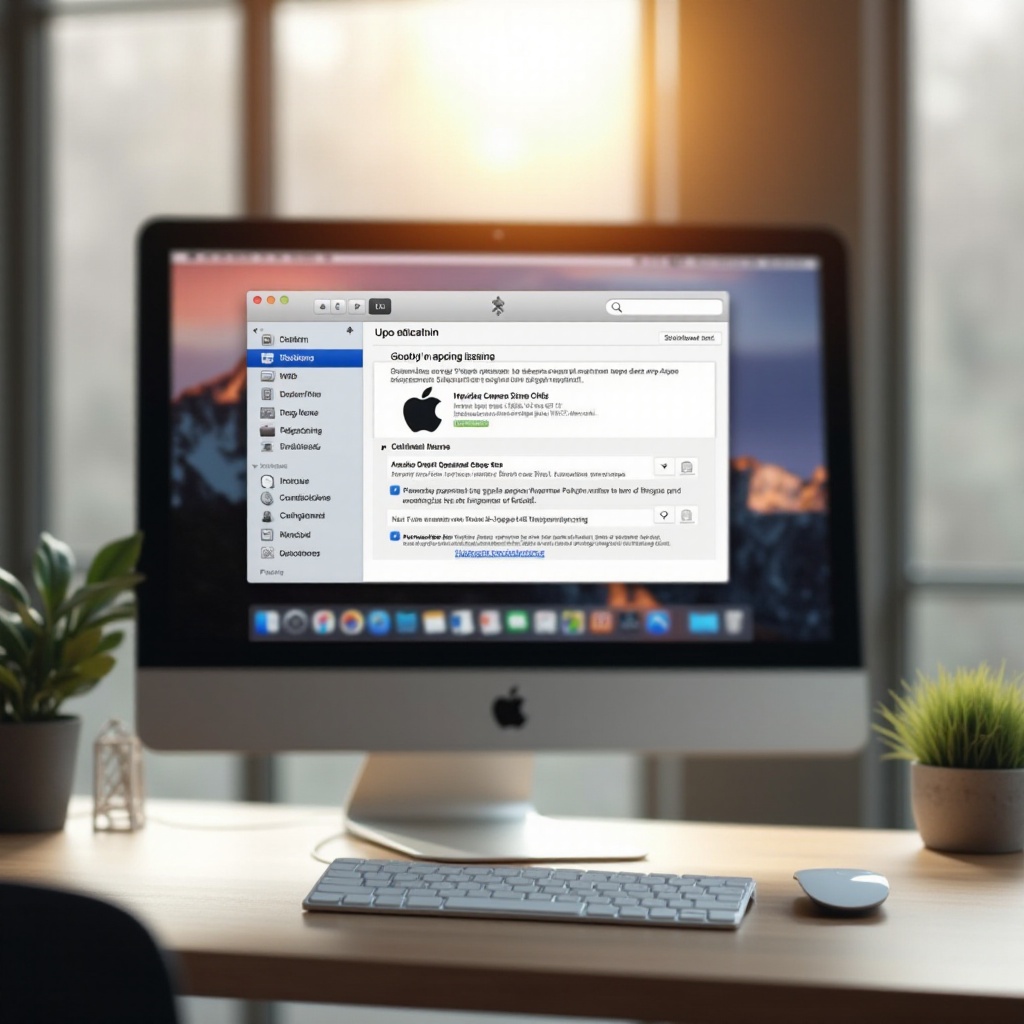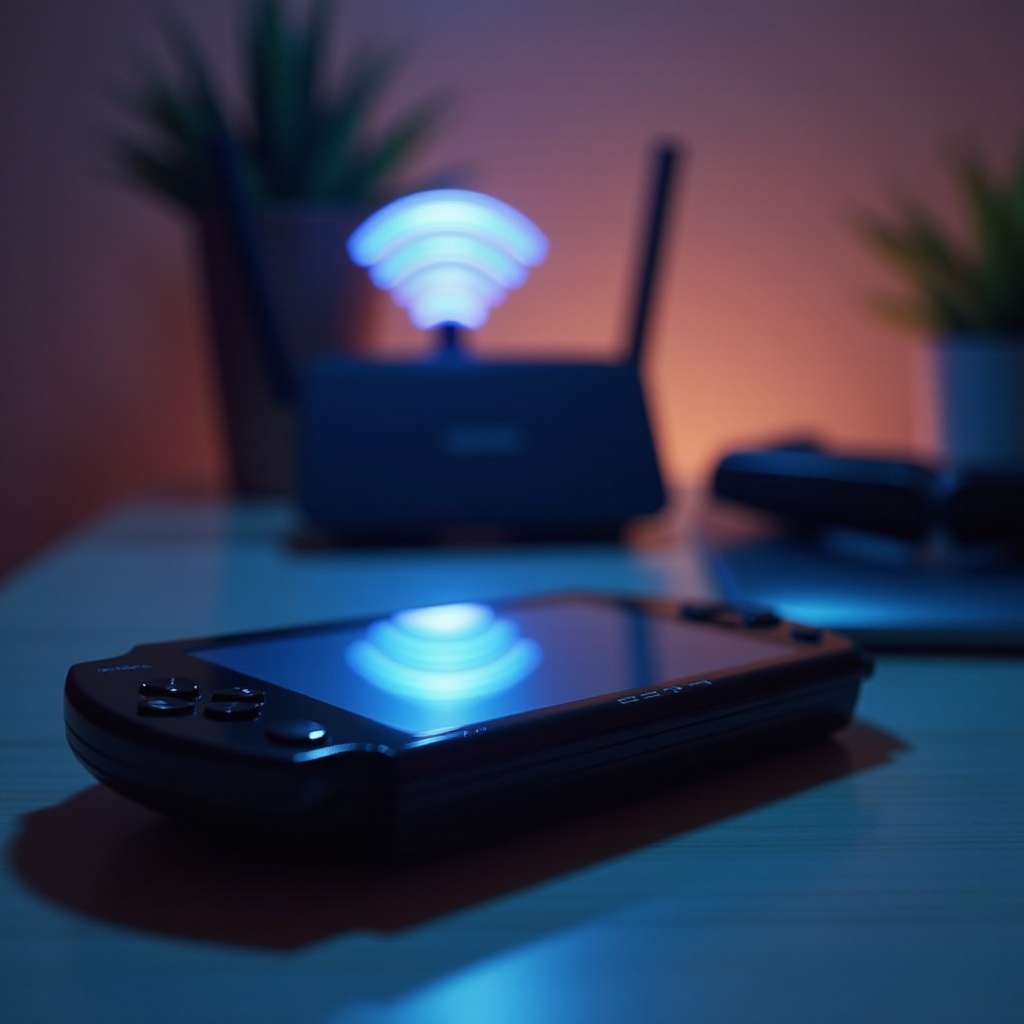Introduction
With the rise of wireless chargers, they have become a staple for convenient device charging, bypassing the tangle of cords. However, the question of whether wireless chargers harm phones has prompted a wave of caution among users. This article seeks to demystify the impact of wireless charging on your phone. Backed by expert insights and scientific studies, we’ll delve into the workings of wireless charging, address prevalent myths, and highlight its benefits. Moreover, we’ll offer practical tips to ensure your wireless charging experience is both safe and efficient.
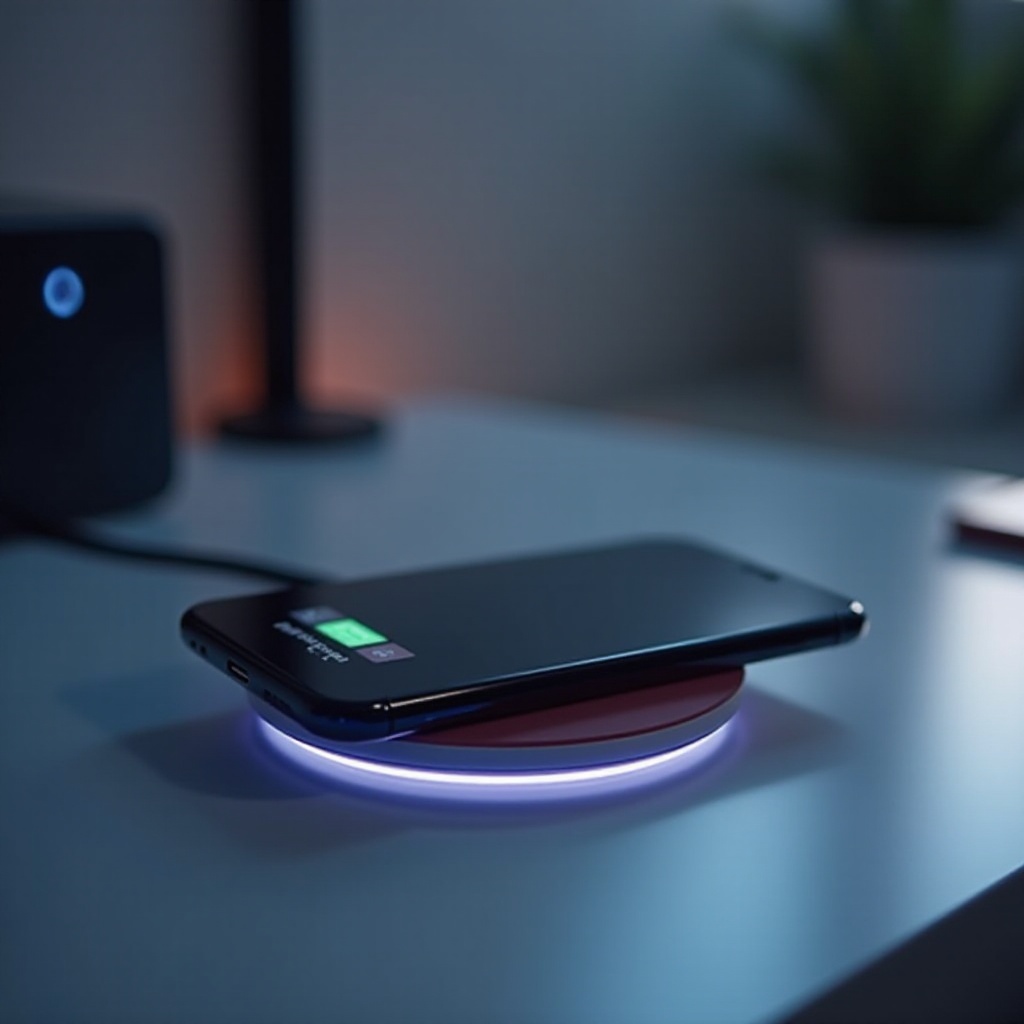
How Wireless Charging Works
Wireless charging, widely known as inductive charging, facilitates energy transfer via electromagnetic fields. This process involves a charging pad and a compatible device, where the pad’s coil generates a magnetic field that induces electricity in the device’s coil, subsequently charging the battery. This seamless technology has been incorporated into numerous smartphones and gadgets, heralding a hassle-free charging era by simply placing the device on a wireless pad.
The allure of wireless chargers lies in their user-friendliness and reduced wear on charging ports. Despite these perks, skepticism over potential drawbacks persists among users. Discerning the mechanics of wireless charging is pivotal in dispelling uncertainties and distinguishing reality from misconceptions.
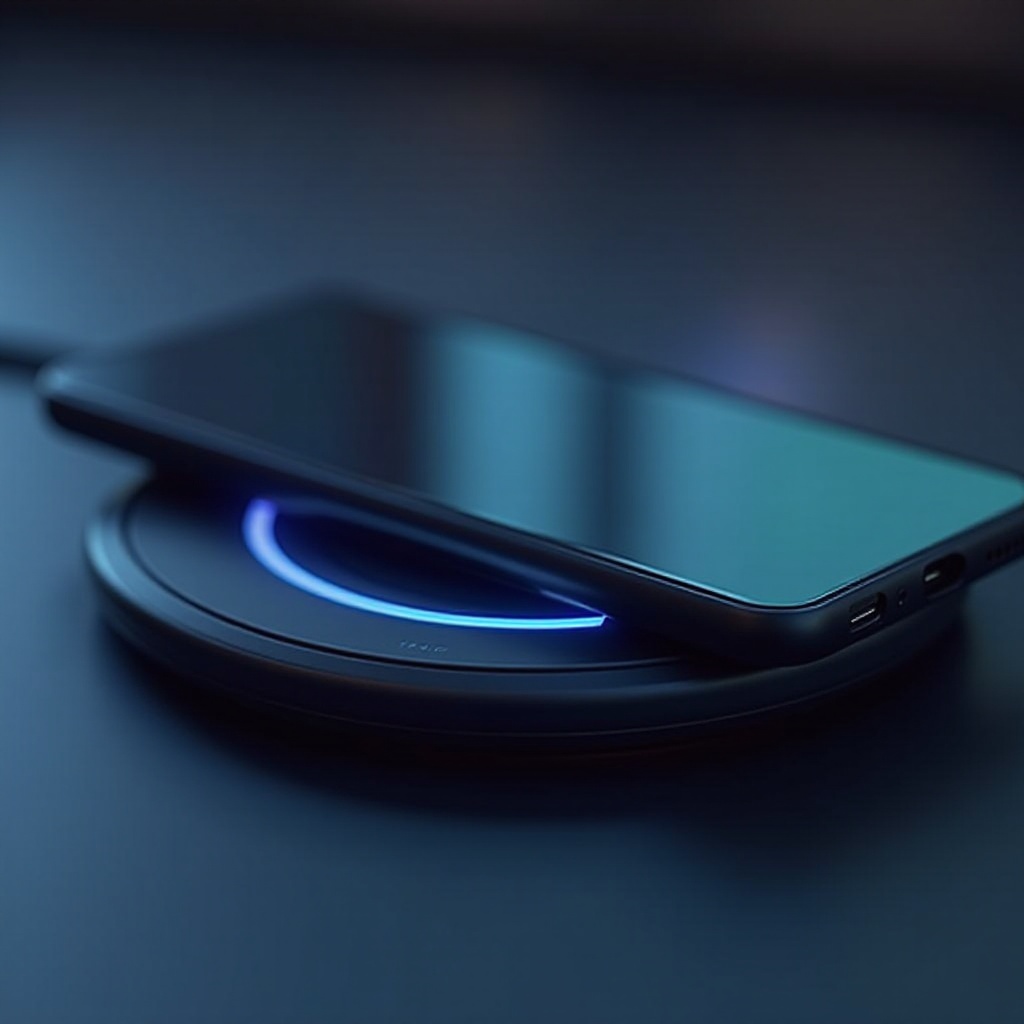
Common Concerns with Wireless Chargers
Impact on Battery Health
The prospect of wireless charging impacting battery health is a prevalent concern. There’s apprehension that it might curtail battery lifespan or impede charge retention. While legitimate, the relationship between wireless charging and battery health isn’t clear-cut.
Overheating Issues
Overheating during wireless charging is another anxiety-inducing factor. The heat generated can adversely affect battery health and phone functionality. Nevertheless, most contemporary phones are equipped with temperature regulation technologies to counter this threat.
Charging Efficiency
Wireless charging is often perceived as less efficient than its wired counterpart. Concerns pivot on extended charging durations and increased energy use. However, efficiency is largely contingent on the charger’s quality and compatibility with the device.
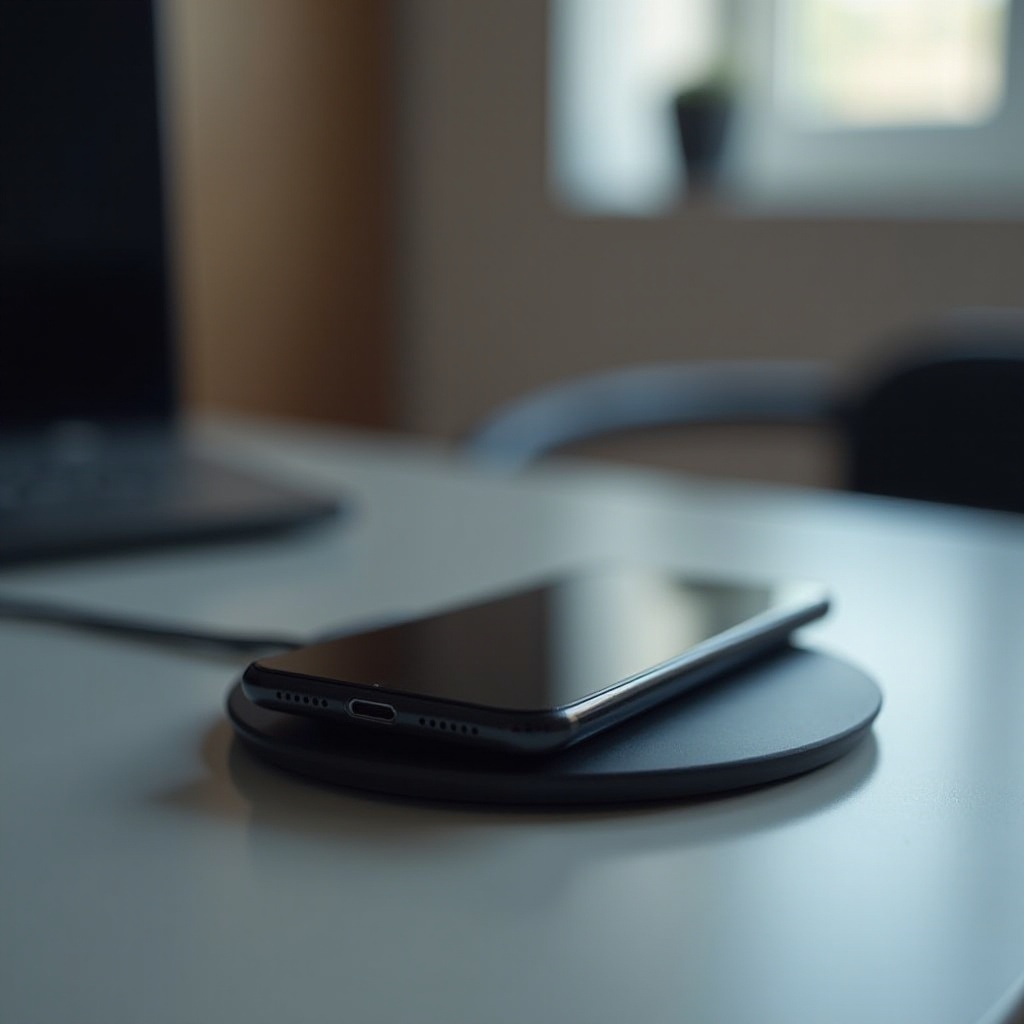
Dispelling Myths About Wireless Chargers
Myth 1: Wireless Charging Damages Batteries
A widespread myth posits that wireless charging ruins phone batteries. Although all charging methods produce heat, wireless charging is no more detrimental than traditional methods. Today’s advanced device technologies effectively manage temperature and charging rates to safeguard battery health.
Myth 2: Electromagnetic Fields Are Harmful
There is also apprehension about the electromagnetic fields engendered by wireless chargers. These fields may seem daunting, but they’re low-energy and pose minimal risk. Adherence to regulatory standards ensures the safety of wireless chargers for regular use.
Myth 3: Wireless Chargers Are Less Efficient
Critics often challenge wireless charging’s efficiency. Although it may be slower than wired charging, technological strides have reduced these disparities. Utilizing a high-caliber charger, tailored for your specific device, can augment performance and enhance charging speed.
Expert Insights and Scientific Studies
What Research Says About Battery Life
Scientific inquiries reveal negligible differences in battery endurance between wireless and wired charging when properly deployed. Studies underscore that factors like heat management and charging cycles exert a more significant influence on battery life than the charging method.
Industry Expert Opinions
Industry connoisseurs concur that wireless charging, when adeptly executed, is safe and advantageous. They advocate for using chargers endorsed by credible organizations, which can assuage concerns about wireless charging impacting device health.
Benefits of Using Wireless Chargers
Wireless chargers proffer multiple benefits. They deliver unmatched convenience, alleviating issues like tangled cords and worn connectors. Furthermore, the integration of wireless charging stations in public venues simplifies offsite device charging. By alleviating stress on USB ports, they bolster the device’s physical longevity. Additionally, the move towards universal wireless charging standards accommodates more devices, amplifying their practicality.
Best Practices for Safe Wireless Charging
Maximize wireless charging safety and efficiency with these practices:
- Opt for chargers certified by established standards like Qi.
- Ensure precise alignment between the device and the charging pad for optimal charging.
- Refrain from using your device during charging to stave off overheating.
- Maintain a clean, heat-free charging area.
- Routinely evaluate charging speed and device temperature to identify irregularities.
Conclusion
To conclude, wireless chargers are not intrinsically harmful to your phone. Though challenges such as efficiency and overheating exist, they can be adeptly managed with diligent care and proper use. The convenience and widespread adoption of wireless charging render it an attractive option for many device users.
Frequently Asked Questions
Can I leave my phone on a wireless charger overnight?
Yes, it’s safe to leave your phone on a wireless charger overnight. Modern technology halts charging once the battery is full, but ensure your devices have good heat management.
Do wireless chargers work with phone cases?
Most wireless chargers are compatible with phone cases unless they’re excessively thick or metallic. Thin, non-metallic cases generally allow for wireless charging.
Are all wireless chargers the same?
Not all wireless chargers are equal. They vary in quality, efficiency, and device compatibility. Ensure you use a charger certified by a reputable body that matches your device specifications.

